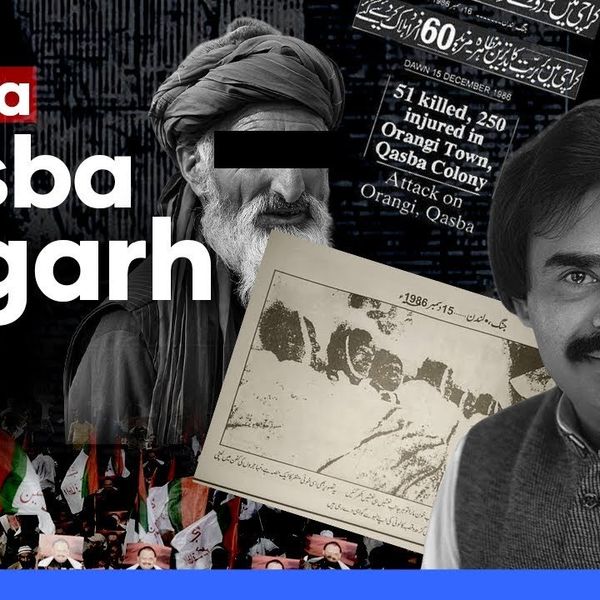Ahmed al-Sharaa: From global terrorist to Syria’s new leader
Kamran Khan reflects on HTS leader’s path from terror to diplomacy
News Desk
The News Desk provides timely and factual coverage of national and international events, with an emphasis on accuracy and clarity.
The dynamic nature of global politics has once again been illustrated by the transformation of Ahmed al-Sharaa, also known as Abu Mohammad al-Golani, leader of the Syrian group Hay'at Tahrir al-Sham (HTS).
Once considered a global terrorist with a $10 million bounty on his head, al-Sharaa is now a key figure in Syria’s de facto government, meeting with Western diplomats and shedding his past ties to al-Qaeda.
In December 2024, a U.S. delegation led by Barbara Leaf, a senior diplomat for Middle Eastern affairs, traveled to Damascus to engage with HTS leaders. This marked the first diplomatic trip to Syria in over a decade, signaling a potential recalibration of the West’s approach to the war-torn nation.
Reports from Bloomberg indicate that the U.S. has quietly rescinded its bounty on al-Sharaa, a move reflective of his newfound role in Syria’s transitional leadership.
The shift comes with conditions. The U.S. and its allies are urging Syria’s interim government, including HTS, to distance itself from its extremist past and commit to democratic principles. Discussions are also underway regarding revising HTS’s designation as a terrorist organization, a step that could further integrate the group into international diplomacy.
Al-Sharaa’s rise from a leader of al-Qaeda’s Syrian affiliate, the Nusra Front, to a central figure in Syria’s post-Assad governance highlights the volatility of global alliances.
In 2016, al-Sharaa severed ties with al-Qaeda and rebranded his group as HTS, focusing on establishing control in northern Syria. Despite his controversial past, including alleged war crimes, he has emerged as a pragmatic player in the region.
This is not an isolated case. History is replete with examples of once-vilified figures becoming internationally accepted leaders. Nelson Mandela, Yasser Arafat, and even the Afghan Taliban transitioned from being labeled as insurgents or terrorists to negotiating peace and, in some cases, earning global recognition.
The evolution of HTS is emblematic of the West’s strategic realignment in Syria. With Bashar al-Assad ousted and Russia’s influence waning, Western nations appear to see HTS as a counterbalance to Iranian expansion in the region. However, this pragmatic shift raises ethical questions, given the group’s history of human rights abuses.











Comments
See what people are discussing